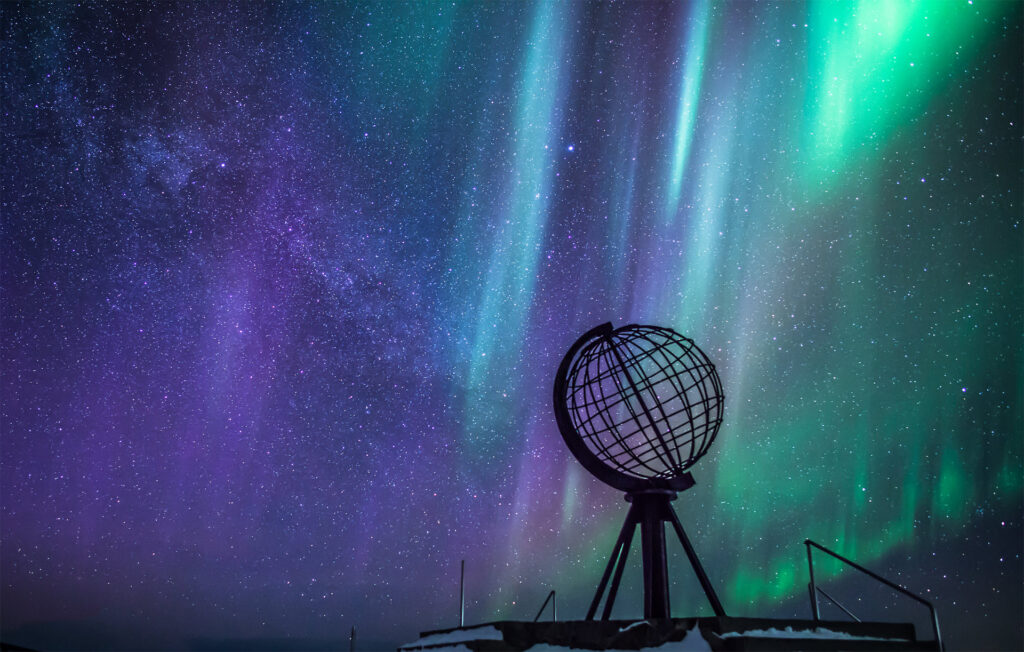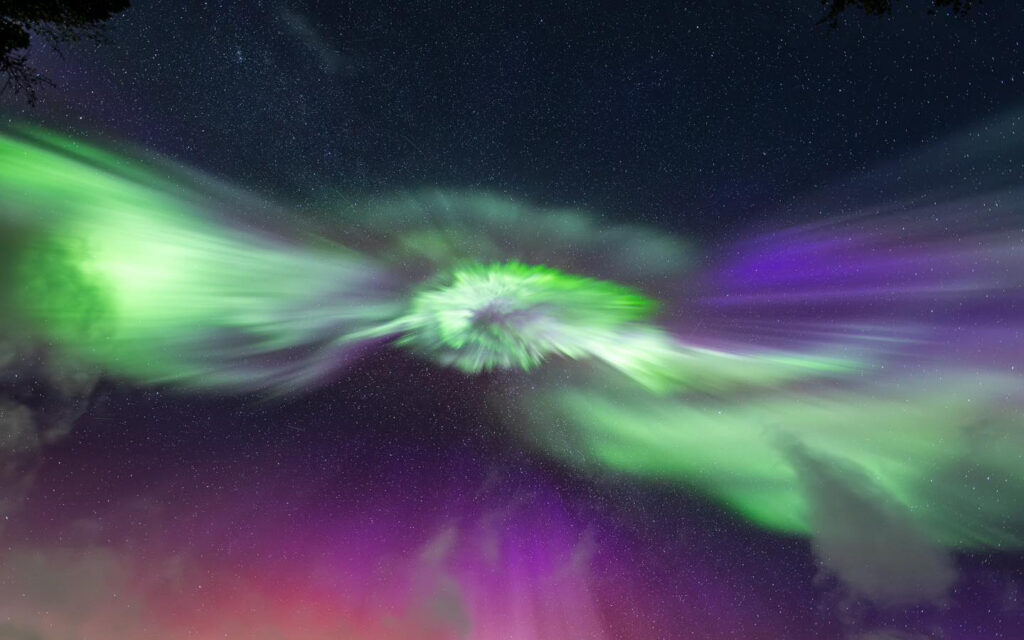Introduction
The allure of witnessing the Northern Lights, or Aurora Borealis, is a dream for many. To maximize your chances of experiencing this celestial marvel, it’s crucial to know where the best locations are. In this comprehensive guide, we’ll explore the prime destinations for Northern Lights sightings. Below is a great starting point of where is best to see Northern Lights.
The Best Places to See Northern Lights
-
Tromsø, Norway
Nestled within the Arctic Circle, Tromsø offers an extraordinary Northern Lights experience. Visit between September and April for the best chances, and explore the stunning landscapes of Norway.

-
Fairbanks, Alaska
Positioned beneath the Auroral Oval, Fairbanks is a hotspot for Northern Lights enthusiasts. The optimal viewing season extends from late September to early April, offering ample opportunities for aurora sightings.

-
Abisko, Sweden
Known for clear skies and a prime location within the Aurora Oval, Abisko in Sweden is an ideal destination for aurora chasers. Visit between September and March for intense Northern Lights displays.

-
Iceland
Whether in Reykjavik or the remote Icelandic wilderness, the land of fire and ice offers captivating Northern Lights displays. The season runs from late September to mid-April, providing ample time for exploration.

-
Yellowknife, Canada
In the heart of the Canadian wilderness, Yellowknife is renowned for its stunning Northern Lights displays. Visit from late August to mid-April for optimal viewing conditions and a chance to witness the auroras against the northern skies.
| ℹ️ View More |
| 🏡 Best Places to Stay in Yellowknife
🗺️ Our Highly Recommended Tours in Yellowknife
|

Factors Influencing Northern Lights Visibility
-
Geomagnetic Activity
Monitor the Kp index to gauge geomagnetic activity. Higher Kp values increase the likelihood of vibrant Northern Lights displays.
-
Solar Cycle
The solar cycle, which follows an approximately 11-year pattern, influences the intensity of the Northern Lights. Solar maximum years offer heightened activity.
-
Dark Skies
Optimal visibility occurs during the winter months when nights are longer. Choose locations with minimal light pollution for the best experience.

Conclusion
Choosing the best place to see the Northern Lights is a key factor in ensuring a magical experience. From the Arctic wonders of Tromsø and Fairbanks to the captivating landscapes of Iceland and the Canadian wilderness, these locations offer prime conditions for witnessing the celestial dance of the auroras. Plan your Northern Lights adventure wisely, keeping in mind the factors that influence visibility, and prepare for an awe-inspiring journey into the night sky.
Frequently Asked Questions
Q: Where is the best place to see the Northern Lights?
A: Tromsø, Norway, Fairbanks, Alaska, Abisko, Sweden, Iceland, and Yellowknife, Canada, are among the best places for Northern Lights sightings.
Q: When is the best time to see the Northern Lights?
A: The optimal time is from September to April, with peak activity during the winter months of December to February.
Q: What influences Northern Lights visibility?
A: Geomagnetic activity, the solar cycle, and dark skies significantly influence the visibility of the Northern Lights.
Q: Can you see the Northern Lights in the summer?
A: While technically possible, the summer months have extended daylight, reducing the chances of witnessing the Northern Lights.
Q: Are there other places besides the Arctic Circle to see the Northern Lights?
A: While the Arctic Circle offers prime visibility, sporadic displays can be seen at high latitudes, including the northern regions of the U.S. and Europe.






